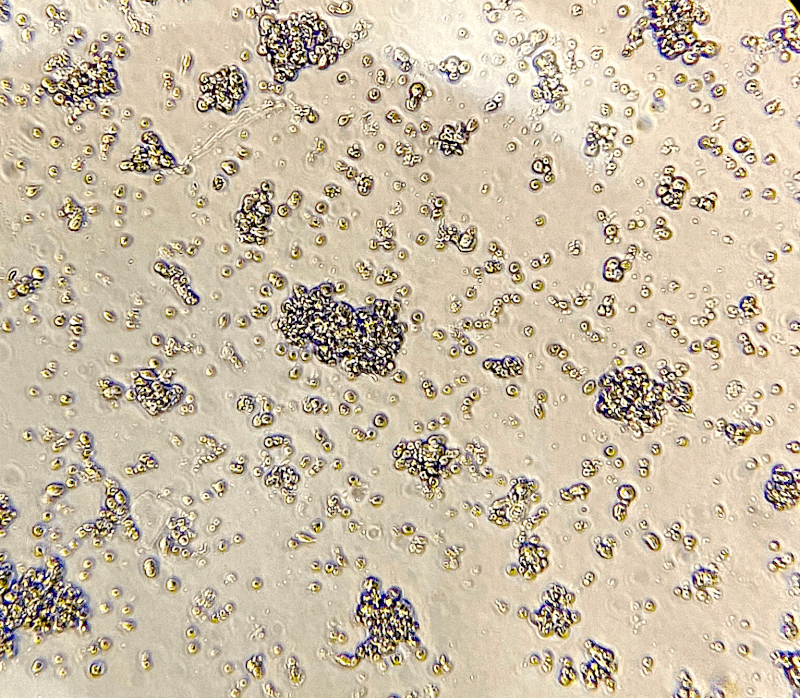Sina Zargaran, Ph.D. Candidate at University of Toronto, underscores a groundbreaking innovation in cancer immunotherapy. By reprogramming CD4⁺ T-cells to become cytotoxic, Zargaran’s team addresses a major limitation of traditional T-cell–based therapies – tumor immune evasion. His work suggests a multi-pronged immune cell strategy may be the key to defeating cancers with heterogeneous microenvironments and resistance to CD8⁺ T-cell attacks.
Read further to learn more about this innovative approach Sina Zargaran shared on LinkedIn:
“For years, CD8⁺ T-cells have been the frontline soldiers in cancer immunotherapy. They recognize and kill tumor cells by detecting a signal called MHC-I.
But many tumors learn to evade this attack by dampening MHC-I expression, effectively hiding from CD8⁺ T-cells. When that happens, the immune system struggles—and treatment often fails.
What about CD4⁺ T-cells?
They recognize a different signal, MHC-II, and could, in theory, target these hidden tumor cells. But there’s a problem: CD4⁺ T-cells aren’t naturally cytotoxic. They see the threat, but can’t eliminate it efficiently.
That’s the challenge we set out to solve.
Our recent innovation shows that it’s possible to reprogram CD4⁺ T-cells to become cytotoxic, empowering them to directly kill MHC-I–deficient tumor cells via MHC-II recognition.
Given the complexity and heterogeneity of the tumor microenvironment, a single T-cell type is unlikely to be sufficient. A coordinated attack—a carefully designed cocktail of immune cells—is needed to recognize and eliminate every tumor cell through complementary mechanisms. This innovation brings us one step closer to that comprehensive immune strategy.”



